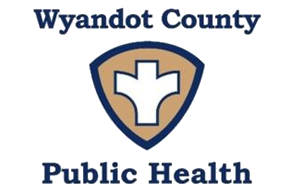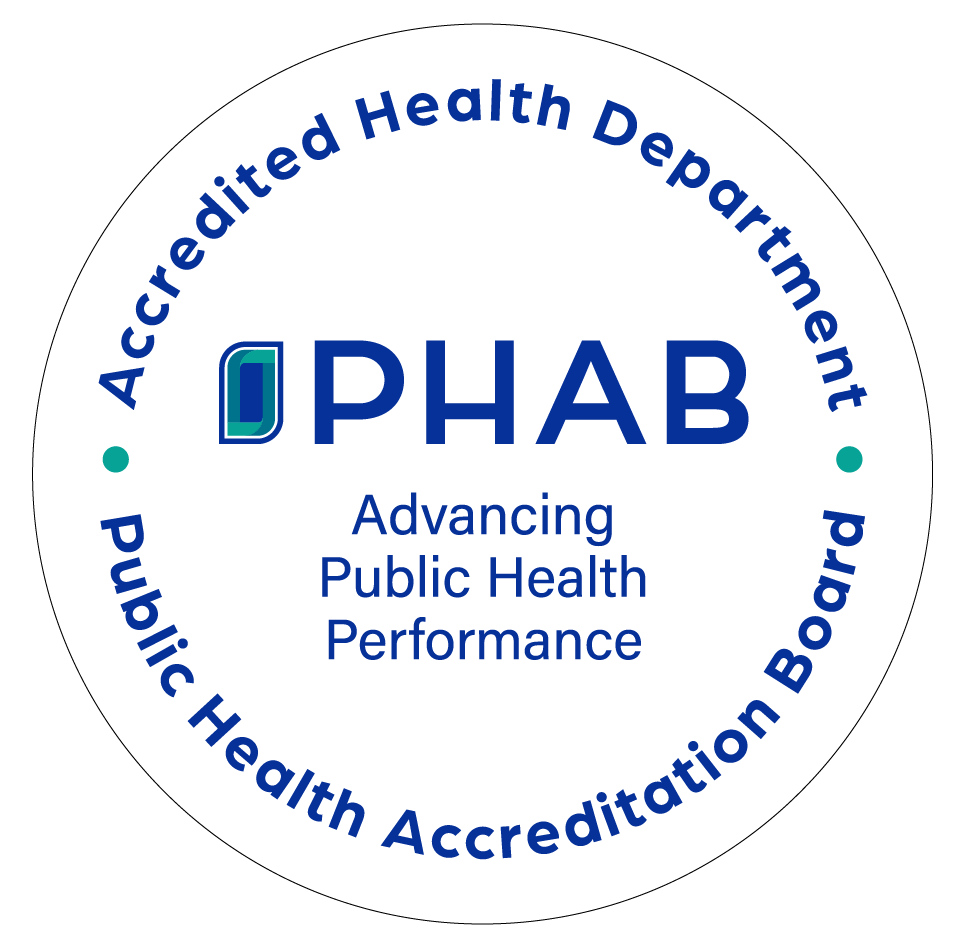By Krystina Auble, RD, CLC
Director of Wyandot County WIC
August is Breastfeeding Awareness Month. Year round, Wyandot WIC (Special Supplemental Nutrition Program for Women, Infants, and Children) shares the social, environmental, economic, and health benefits of breastfeeding.
It is important to note that the numerous benefits of breastfeeding do not make it the only acceptable feeding choice for families. Every parent must make the choice that works best for them and their family. Wyandot WIC applauds all the hard work parents do daily to provide for their families.
Breastfeeding is widely recognized as a crucial component of infant health, providing a multitude of benefits that contribute to both short-term well-being and long-term development. Breastmilk is uniquely tailored to meet the nutritional needs of infants, offering a balanced mix of proteins, fats, vitamins, and carbohydrates that adjust as the baby grows. This adaptability ensures optimal nutrition and supports healthy growth and development during the critical early months of life.
One of the most important advantages of breastfeeding is its benefits to the immune system. Colostrum, the first milk produced after birth, is particularly rich in antibodies and white blood cells that help protect newborns against infections. According to the CDC, breastfed babies experience fewer instances of respiratory infections, ear infections, and gastrointestinal illnesses compared to formula-fed infants. Additionally, the WHO (World Health Organization) states that breastfed babies tend to have lower rates of sudden infant death syndrome (SIDS), asthma, allergies, and autoimmune disorders compared to formula-fed infants. Breastmilk’s early immune support is crucial in bolstering the baby's developing immune system and reducing the severity of illnesses.
Breast milk also contains substances that aid in digestion and absorption of nutrients, promoting optimal gut health. This is important because a healthy gut contributes to overall immune function and can affect long-term health outcomes. According to the CDC, breastfeeding is associated with a lower risk of chronic conditions later in life, such as diabetes, obesity, and cardiovascular disease.
Beyond nutrition and immune support, breastfeeding fosters a strong emotional bond between parent and child. The physical closeness and skin-to-skin contact during breastfeeding release hormones like oxytocin in both parent and baby that promote feelings of love, comfort, and security. This bond is not only emotionally fulfilling, but also supports the baby's cognitive and emotional development.
For parents, breastfeeding offers numerous health benefits. Breastfeeding stimulates the uterus to contract more quickly after childbirth, reducing postpartum bleeding and helping the birthing parent's recovery. According to the CDC, breastfeeding also lowers the risk of postpartum depression. In the long term, breastfeeding provides significant health advantages for the
breastfeeding parent, including a reduced risk of breast cancer, ovarian cancer, and osteoporosis. The longer a parent breastfeeds throughout their lifetime, the greater the protective effect against these diseases.
From a societal perspective, breastfeeding is cost-effective and environmentally friendly. Breastmilk is readily available and requires no preparation, packaging, or transportation, reducing costs associated with infant feeding. It also produces no waste and has a minimal environmental impact compared to formula feeding.
Despite these benefits, breastfeeding can present challenges for some parents, such as difficulties with latching, concerns about milk supply, returning to work, or mental health concerns. Access to support from healthcare professionals, lactation consultants, and community resources is essential to help parents overcome these challenges and establish successful breastfeeding routines. IBCLCs (International Board Certified Lactation Consultants) are an excellent resource for breastfeeding issues. Most birthing hospitals employ at least one IBCLC that see patients after birth and as outpatient appointments. Those experiencing breastfeeding issues should contact their birthing hospital for referral to an IBCLC. Additionally, Ohio has a 24-hour Breastfeeding Hotline that can be reached at 888-588-3423 or by texting “BFHOTLINE” to 839863.
Breastfeeding is a cornerstone of maternal and child health. Its nutritional composition, immune-boosting properties, emotional bonding effects, and long-term health advantages demonstrate its importance in promoting the well-being of families and communities. Supporting and encouraging breastfeeding not only improves individual health outcomes but also contributes to healthier societies overall.

